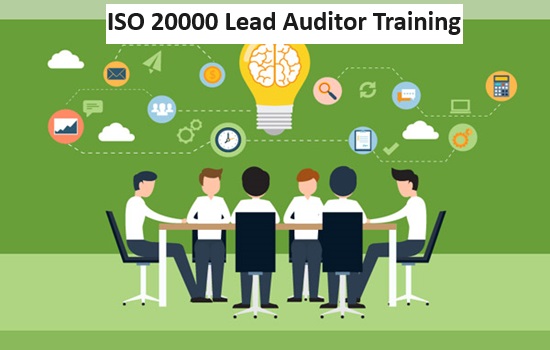
ISO 20121 is an International Standard on Sustainable Event Management designed to prioritize sustainability in event organizing and staging. It focuses on identifying environmental, social, economic, and environmental impacts at every level of the event's supply chain and adapts to diverse cultures. The standard includes guidance on venue choice, transportation, recycling, food strategy, health, and skills development. Organizations can establish voluntary compliance through self-declaration, second-party confirmation, or third-party certification. As a result, the ISO standard can be considered a significant step in the ongoing effort to safeguard the environment.
The organisers of events are likely to emphasise the environmental consequences of:
- Transport and travel activities
- Consumption of food as well as drinks
- Energy and water consumption
- The waste stream produced by the events
Application to Adverse Effects on Transportation and Travel Activities
In the previous half-century, tourism has become the fastest-growing economic sector, with annual travel and tourism sales exceeding 3.5 trillion dollars. However, this expansion has culminated in major social and environmental costs, such as local resource depletion, pollution, and waste difficulties. Tourism accounts for more than 5% of global greenhouse gas emissions, with transportation accounting for 90%. Tourism-related CO2 emissions are expected to increase by 25% by 2030, reaching 1.9 million tonnes, up from 1.597 million tonnes in 2016.
ISO 20121 standards support the use of dependable management strategies for avoiding environmental pollution during event travel and transportation. Alternative travel methods, such as video and a teleconference should be explored by organisers to reduce air transportation emissions. Proper supply chain management, fuel-efficient driving, and ease of access to transport, pedestrian access, and bicycle storage are all essential. Incentives favouring various modes of transportation, such as ride-sharing, shuttle service, or incentives, may contribute to decreasing pollution.
Application to the Negative Impact on Waste Stream Production
Environmental problems should be incorporated into major events' sustainability plans from the start. Waste generation during events is a serious environmental concern that involves a variety of agencies, including venues, local governments, organisers, suppliers, and participants. Solid waste management is critical for event planning because it decreases carbon emissions, improves sustainability, and reduces pollution, littering, habitat destruction, and expenses. Reduce garbage generation throughout the event's procurement phase and start efficient waste disposal.
Event organisers must decrease waste transportation to landfills and use contractors to manage waste sustainably. Paper, electronics, batteries, cleaning products, and food waste may all be handled through prevention, recycling, recovery, treatment, and disposal. Hazardous trash, such as batteries and electronic devices, must be separated and disposed of by local rules.
In summary, the essay was able to provide a detailed overview of the ISO 20121 international standard and its specific considerations and guide towards more sustainable events, as well as effectively discussed two major negative environmental impacts of events, namely activities from travel and transportation and waste stream production, and the application of ISO 20121 in remedying these environmental impacts, as well as offer detailed guide.
Punyam Academy offers the following ISO 20121 Sustainable Event Management training:
1) ISO 20121 Lead Auditor Training
2) ISO 20121 Certified Auditor Training




























